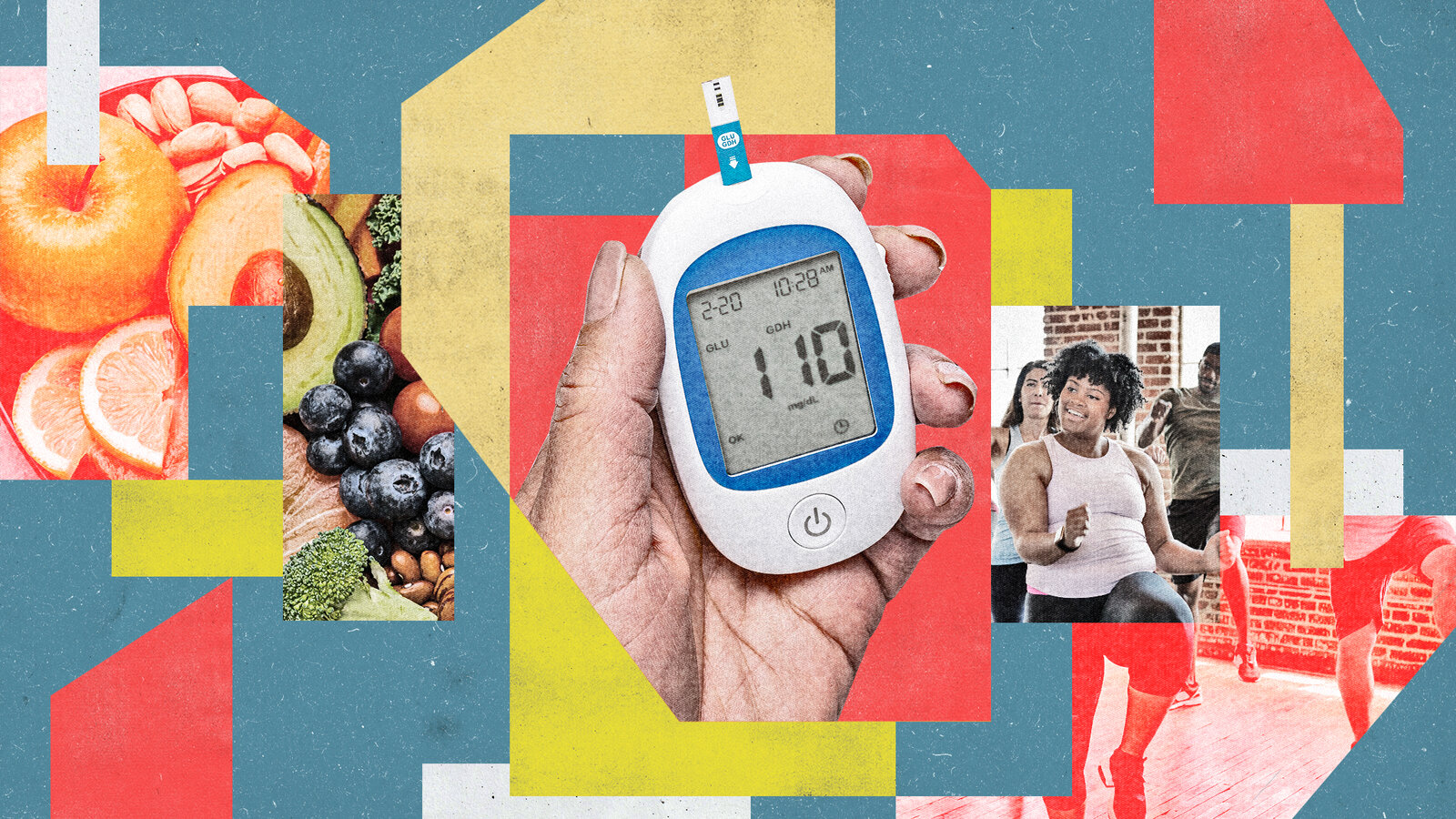
Keeping blood sugar steady is hard. Many things can make it rise. Blood sugar spikes are common. They can happen to anyone. For some, they are a big concern. Diabetes often involves these spikes. They cause unpleasant symptoms. Over time, they lead to damage. Understanding the causes is vital. It helps you manage your health. Small changes can make a difference.
Blood sugar spikes are common.
After eating, blood sugar naturally rises. A spike means it goes up too high. Then it drops quickly, sometimes too low. This roller-coaster effect is problematic. It stresses your body constantly. Frequent spikes damage blood vessels. They affect nerves over time. This leads to serious complications. Recognizing these patterns is key. It helps prevent future issues.
Diabetes often involves these spikes.
People with diabetes struggle more. Their bodies don’t manage sugar well. Type 1 lacks insulin production. Type 2 involves insulin resistance. Both lead to high blood sugar. Meals cause significant spikes for them. Medications help control these rises. But lifestyle choices are crucial too. Understanding patterns is part of management. It’s a daily balancing act.
They cause unpleasant symptoms.
High blood sugar can make you feel bad. You might feel very tired. Blurred vision can occur. You may get headaches often. Increased thirst is a common sign. Frequent urination follows. These symptoms signal a spike. They show your body is struggling. Feeling unwell is a clear warning. Pay attention to these signals. Address them with your doctor.
Over time, they lead to damage.
Chronic high blood sugar is harmful. It damages vital organs gradually. Nerves can be affected. This causes neuropathy. Kidneys can suffer long-term. Retinopathy harms your eyes. Heart disease risk increases significantly. Strokes are also a concern. Preventing spikes protects your future. It preserves your body’s function. This long-term impact is serious.
Understanding the causes is vital.
Knowing what causes spikes empowers you. Diet is a primary factor. What you eat directly affects sugar. How much you eat also matters. Physical activity plays a big role. Stress can raise blood sugar. Lack of sleep is another culprit. Certain medications impact levels. Illness or infection can cause rises. Many factors are at play.
Diet is a primary factor.
Foods break down into sugar. Carbohydrates have the biggest impact. Simple carbs raise sugar quickly. Sugary drinks are a fast delivery. Refined grains like white bread too. Portions also matter immensely. Even healthy carbs can spike levels. Understanding carb content is crucial. Learn about glycemic index. This helps make better food choices.
Carbohydrates have the biggest impact.
These are your body’s main fuel. But not all carbs are equal. Simple carbs are digested fast. Complex carbs break down slowly. This affects how sugar enters blood. Choose complex carbs more often. Whole grains, vegetables, and fruits. They provide fiber and nutrients. Fiber slows down sugar absorption. This prevents sharp increases.
Portions also matter immensely.
Even healthy foods in large amounts. Too much can still cause a spike. It’s about quantity, not just quality. Learn appropriate portion sizes. Use smaller plates if it helps. Don’t go back for seconds often. Be mindful of what you eat. This control helps manage levels. It prevents overwhelming your system. Portion control is a powerful tool.
Physical activity plays a big role.
Exercise uses up glucose. Muscles absorb sugar for energy. This lowers blood sugar quickly. Regular activity improves sensitivity. Even a short walk after eating helps. Aim for consistent movement daily. Strength training builds muscle mass. More muscle helps manage sugar. Find activities you enjoy doing. Make it a regular habit.
Stress can raise blood sugar.
When stressed, hormones release. Cortisol and adrenaline surge. These hormones raise blood sugar. They prepare your body for action. This is a survival mechanism. But chronic stress is harmful. It keeps blood sugar elevated. This adds to the burden. Finding ways to manage stress helps. Techniques like meditation are useful.
Lack of sleep is another culprit.
Sleep is vital for health. Poor sleep impacts blood sugar control. Even one bad night affects levels. It can temporarily increase resistance. Hormones are disrupted by sleep loss. This makes cells less responsive. Aim for 7-9 hours of quality sleep. Create a relaxing bedtime routine. Prioritize rest for stable sugar.
Certain medications impact levels.
Some drugs can affect blood sugar. Steroids are a common example. Diuretics can also influence it. Certain antidepressants may too. Talk to your doctor about all medicines. They can review potential effects. Adjustments might be necessary. Never stop medication on your own. Always consult your healthcare provider. Be aware of side effects.
Illness or infection can cause rises.
When you’re sick, your body works hard. It releases stress hormones. This response fights the illness. But these hormones also raise sugar. Infections can spike levels. Even a common cold does this. Monitor blood sugar more closely. Adjust medications if advised. Stay hydrated and rest well. Illness management is crucial for control.
Many factors are at play.
Blood sugar control is complex. No single cause explains all spikes. It’s often a combination of factors. Your unique body responds differently. Food choices, activity, stress, sleep. All intertwine to affect levels. Learning your personal triggers is key. Keeping a log can be helpful. This awareness empowers you. It leads to better management.
Keeping a log can be helpful.
Track your food intake. Note your activity levels. Record your sleep patterns. Document stress events too. Most importantly, log your blood sugar. Do this before and after meals. This creates a clear picture. You’ll see what causes spikes. This personalized data is invaluable. It helps you and your doctor. It guides better choices daily.
This awareness empowers you.
Knowing your triggers gives control. You can make proactive choices. Avoid certain foods if they spike you. Plan activity after heavy meals. Implement stress-reducing techniques. Adjust sleep habits as needed. This active participation matters. You become a partner in your health. This leads to better long-term outcomes. It fosters well-being.
Frequent blood sugar spikes, often linked to diet, stress, and sleep, can damage your health; understanding and addressing these triggers is vital for stable well-being.
